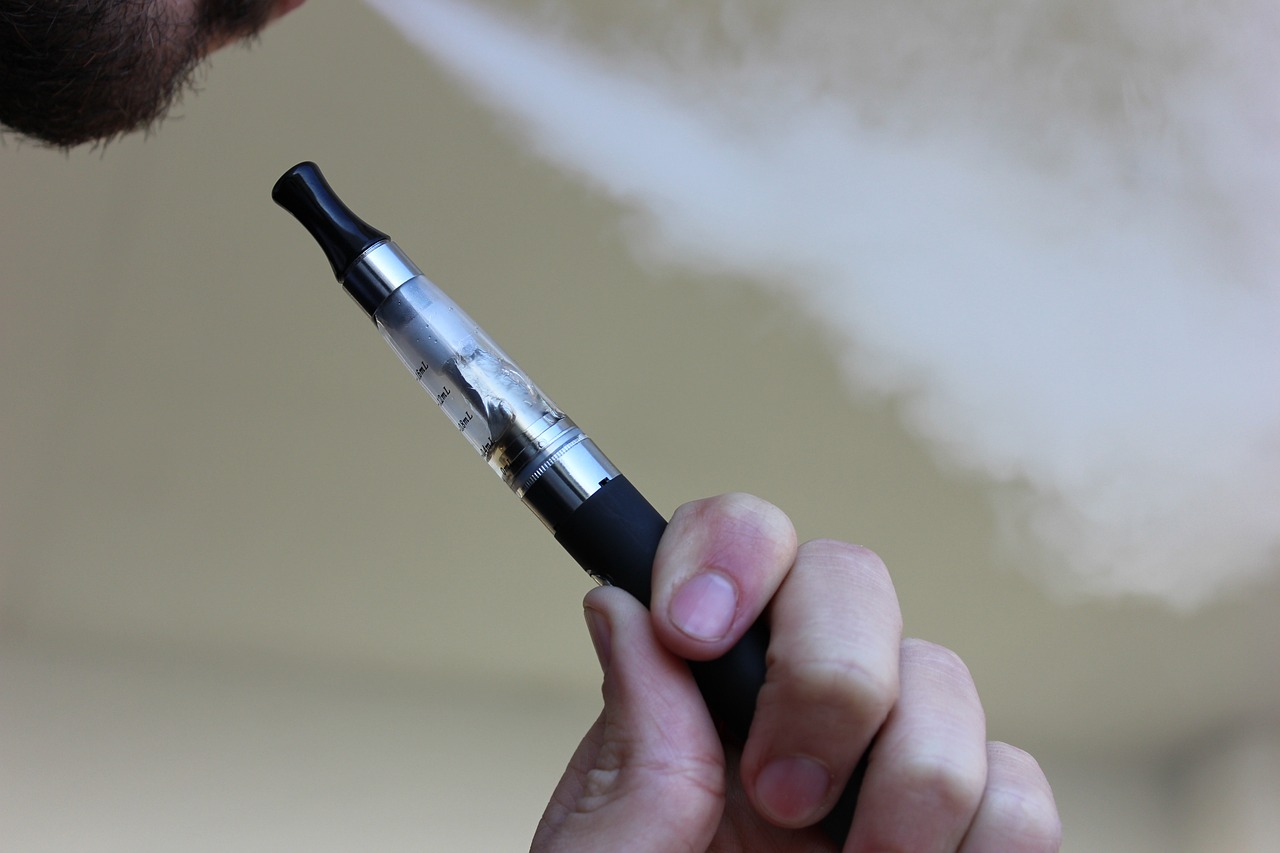Roaring Fork School District parents, staff and community members are working together to address growing incidences of youth overdose deaths. A variety of drug prevention strategies have been proposed, including the use of more science-backed, community-based methods like Blueprints for Healthy Youth Development. Karl G. Hill, director of the Prevention Science Program at the Institute of Behavioral Science, provided his perspective on the best course of action for Roaring Fork schools in an interview with Aspen Public Radio. Read the full story by Halle Zander here.
Institute of Behavioral Science
Twelfth CONVERGE training module released, Natural Hazards Center hosting demonstration webinar
The Natural Hazards Center has released the twelfth training module in the CONVERGE series: Indigenous Sovereignty in Disasters. This free online course is part of a series of foundational and advanced training modules sponsored by the National Science Foundation and designed to enhance valuable knowledge and skills among students and other emerging researchers and practitioners. The Natural Hazards Center will host a demonstration webinar of the Indigenous Sovereignty in Disasters module on February 6, 2024 from 4:30 to 5:00 p.m. MST. Jolie Breeden, lead science communicator and editor for the Natural Hazards Center, expands on the CONVERGE series and its latest module in her story here.
Takeaways from annual political climate survey of Colorado
Researchers at The American Politics Research Lab (APRL) at CU Boulder and the polling company YouGov have released their annual political climate survey. Anand Sokhey, director of the APRL and an Institute of Behavioral Science (IBS) fellow, co-authored the new survey and expands on its findings in CU Boulder Today with science writer Daniel Strain. Read more about the top takeaways here.
Natural Hazards, NOAA report provides direction for open data mandate
Researchers who receive federal funds are now asked to make their research publicly available as soon as possible, according to a mandate from the White House Office of Science and Technology Policy (OSTP). The Natural Hazards Center at the Institute of Behavioral Science (IBS) and the National Oceanic and Atmospheric Administration (NOAA) Weather Program Office convened a workshop to address concerns about this new requirement. Jolie Breeden, lead editor and science writer for the Natural Hazards Center, writes about a new report resulting from the workshop.
Amanda Stevenson receives first IUSSP award
Amanda Stevenson, assistant professor of sociology at the University of Colorado Boulder, has received the International Union for the Scientific Study of Population (IUSSP) Early Career Award. This prestigious award recognizes Stevenson as a national leader in reproductive health and family planning policy research.
“I love demography, I think it’s a powerful, transformative way of understanding the social world,” says Stevenson. “To be recognized by other demographers like this is a wonderful affirmation of the effort that my team and I have put into all the work that we do. It means a lot to receive this award.”
Stevenson’s scholarship has had a tremendous impact on social policy. Her research has been cited by the United States Supreme Court, and she has testified for major legislation. She also regularly contributes articles and citations to national news outlets, ensuring her research is accessible to the public. Stevenson currently leads the Colorado Fertility Project, which aims to map the life course of US residents’ access to contraception and its effects.
Ann Moore, IUSSP Council member for North America and principal research scientist at the Guttmacher Institute, was a part of the jury that chose Stevenson.
“Amanda Stevenson was selected among a competitive pool of candidates based on the quality and importance of her scholarship, methodological sophistication, outstanding grants record and service to the field of demography in her role as a public scientist,” says Moore. “The IUSSP wishes to congratulate Amanda on receiving this award.”
The IUSSP developed the Early Career Award in 2023 to honor early career scholars from five different world regions. The award recognizes outstanding contributions to population studies. Stevenson is the first recipient of the Early Career Award for the North American region.
“We hope that this award will not only enhance the awardees’ commitment and contributions to our field but will also enhance the global visibility of their achievements and bring the perspectives and insights of new generations of population scientists into our discipline,” says Shireen Jejeebhoy, president of IUSSP.
All five early career awardees will be honored at a virtual event in 2024, where they will showcase their research. The awardees have also received admission to the 2025 International Population Conference. Organized by IUSSP, the conference will be held in Brisbane, Australia July 13-18, 2025.
Call for community input on Colorado emergency alerts
The Natural Hazards Center at the Institute of Behavioral Science was asked by the Colorado State Legislature to evaluate the inclusivity of the state’s emergency alert system. The ensuing report provides actionable ways the state can improve emergency alert accessibility for marginalized groups. Lead editor and science writer, Jolie Breeden, shares more about the report findings here.
The final report, published in English and Spanish, incorporated feedback from public comments and community meetings. The report will be presented to the Colorado legislature on February 27, 2024.
Natural Hazards Center welcomes FEMA administrator to strengthen academic partnerships
The Natural Hazards Center recently hosted Dianne Criswell, administrator of the Federal Emergency Management Agency (FEMA). Criswell met with CU Boulder researchers, faculty and staff to discuss improving the pipeline between new research and the public. Jolie Breeden, lead editor and science writer for the Natural Hazards Center, recounts the significance of this visit in her article for CU Boulder today.
Buckley awarded for ‘outstanding’ youth development research
The Society of Prevention Research presented the Nan Tobler Award for her work on healthy youth development.
Earlier this month the Society of Prevention Research awarded Pamela Buckley, associate research professor at the Institute of Behavioral Science, with the Nan Tobler Award for Review of the Prevention Science Literature for her research contributions to the field, including publications based on data collected through the Blueprints for Healthy Youth Development initiative.
“I am honored to receive this award and thank my colleagues, including the Blueprints staff and members of the Blueprints advisory board, for collaborating on a series of research synthesis projects using data recorded in the Blueprints database that I believe will help inform the field of prevention science in significant ways,” said Buckley, the principal investigator of the initiative.
Blueprints is a globally recognized online registry of evidence-based interventions for people 25 and under. These fall under a wide range of disciplines, including criminal justice, child welfare, public health, mental health, education, labor-employment and more.
“Dr. Buckley’s literature review has contributed to the emphasis of the importance of ensuring that evidence-based interventions are not only based on sound science but are also readily accessible and transparently presented to users,” the society said in the award announcement.

Over the past 25 years, Blueprints has reviewed the evidence for more than 3,000 studies conducted on 1,600 interventions. It serves as an excellent resource for governmental agencies, foundations, community organizations, and practitioners seeking to make informed decisions about their investments in social programs.
“Dr. Buckley’s leadership in establishing Blueprints for Healthy Youth Development demonstrates her significant research synthesis contributions to the prevention science.”
— Society of Prevention Research
About the recipient
Pamela Buckley has garnered $5.9 million in funding and has authored more than 50 publications, including book chapters and technical reports. Buckley has extensive knowledge of prevention science literature and specializes in testing social programs designed to promote healthy youth development. She has considerable experience managing large-scale evaluation projects and systematic reviews on intervention effects for scientific, practitioner and policymaking audiences.
About the Society of Prevention Research
Founded in 1991, the Society for Prevention Research (SPR) is dedicated to advancing research and interventions that promote human health and well-being. It is a multi-disciplinary organization that includes scientists, practitioners, advocates, administrators and policy makers in the U.S. and internationally. SPR’s Nan Tobler Award recognizes recognizes outstanding articulation of empirical evidence.
Flavored tobacco makes quitting harder, new study finds
Study led by CU Boulder Institute of Behavioral Science researcher finds that flavored tobacco products reduce likelihood of quitting later on
Flavored tobacco use makes it harder to quit smoking later on, according to a study led by Christine Steeger, a research assistant professor at the Institute of Behavioral Science, recently found.
As a senior studying psychology and neuroscience at the University of Colorado Boulder, Christine Steeger (Psych’03) took a job at a large residential treatment center for youth in nearby Westminster. During overnight shifts she found herself poring over client case files.
“While the kids were sleeping, I was reading through a lot of their history, becoming more interested in why they have these problems, and how we can prevent them,” says Steeger, who is now a research assistant professor at the Institute of Behavioral Science.
After conducting behavioral and mental health research with youth and their families for several years, she earned a PhD in developmental psychology from the University of Notre Dame in 2013 and did postdoctoral work at Yale University. She was a research scientist at the University of Washington before returning to CU Boulder in 2017. Throughout her career, Steeger has retained her interest in substance-use prevention and prevention of other problem behaviors for youth.

“The vaping and opioid epidemics are significant public-health issues affecting youth and adults. Given the widespread impact, society is paying more attention to these problems and how to treat and prevent them.”
Christine Steeger
Lifelong implications of flavored tobacco use
Although adults were the subjects of the recent paper, “Longitudinal associations between flavored tobacco use and tobacco product cessation in a national sample of adults,” published in July 2022 in Preventive Medicine, the study also has significant implications for youth, says Steeger, who served as the study’s lead author.
Flavored tobacco products are “designed to appeal to kids as well as adults. Big tobacco knows how to market to kids and catch their eyes,” she says.
For the study, Steeger and her co-authors, including Professor of Psychology and Neuroscience Karl G. Hill at IBS and colleagues from Yale and the University of Southern California, analyzed data from the ongoing Population Assessment of Tobacco and Health Study of thousands of subjects from 2013 through 2018 to determine whether use of flavored tobacco affected later cessation of tobacco use…
Read the original story at Colorado Arts and Sciences Magazine.









